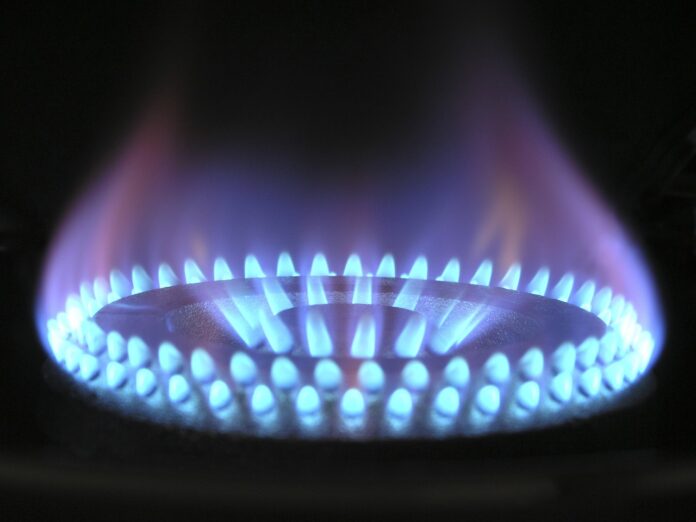Natural gas is a vital energy source that powers homes, industries, and vehicles. It is a fossil fuel formed from the remains of ancient plants and animals buried deep under the Earth’s surface millions of years ago. This energy source is known for being cleaner than other fossil fuels, such as coal and oil.
How is Natural Gas Formed?
Natural gas forms over millions of years from the remains of plants and animals. When these remains are buried under layers of sediment, heat and pressure transform them into natural gas. This process is similar to the formation of oil, which is why natural gas and oil are often found together.
Environmental Impact
Natural gas is considered a cleaner fossil fuel because it produces less carbon dioxide when burned compared to coal and oil. However, extracting and transporting natural gas can lead to methane leaks, a potent greenhouse gas. Efforts are ongoing to minimize these leaks and make natural gas even more environmentally friendly.
Challenges and Concerns
- Methane Leaks: Managing methane emissions is crucial to reducing the environmental impact.
- Fracking: Hydraulic fracturing, or fracking, used to extract natural gas, raises concerns about groundwater contamination and earthquakes.
- Infrastructure: Building and maintaining pipelines and storage facilities requires significant investment.
Interesting Facts about Natural Gas
- Colorless and Odorless: Natural gas is naturally colorless and odorless. A chemical is added to give it a distinct smell for safety.
- First Commercial Use: The first commercial use of natural gas was in Britain in the late 18th century for street lighting.
- Global Production: The United States is one of the largest producers of natural gas.
- LNG: Natural gas can be converted to a liquid form, known as liquefied natural gas (LNG), for easier storage and transport.
- Underground Storage: Natural gas is often stored in large underground reservoirs for use during peak demand times.
- Renewable Natural Gas: It can be produced from organic waste, reducing reliance on fossil fuels.
- Heating Efficiency: Natural gas heating systems are typically more efficient than electric ones.
- Power Generation: Natural gas power plants can start and stop quickly, providing flexibility to the power grid.
- Safety: Natural gas leaks can be dangerous, so regular maintenance and inspections are essential.
- Industry Use: Many industries rely on natural gas for its high heat capacity.
- Transportation: Compressed natural gas (CNG) is used as a fuel for vehicles.
- Hydrogen Production: Natural gas is a primary source of hydrogen for fuel cells.
- Global Trade: LNG is traded globally, allowing countries without natural gas reserves to use this energy source.
- Natural Gas Hydrates: These are ice-like structures found under the ocean floor, containing vast amounts of natural gas.
- Cleaner Alternative: It is often used as a transition fuel from coal to renewable energy.
- Methane: The main component of natural gas is methane.
- Quick Ignition: Natural gas ignites quickly, making it ideal for cooking.
- Hot Showers: Many homes use natural gas for water heating.
- Environmental Regulations: Governments regulate natural gas extraction to protect the environment.
- Economic Impact: The natural gas industry creates jobs and contributes to the economy.
- Pipeline Network: There are millions of miles of natural gas pipelines worldwide.
- Backup Power: Natural gas generators are used as backup power sources.
- Home Appliances: Many home appliances, such as dryers and ovens, run on natural gas.
- Air Quality: Burning natural gas produces fewer air pollutants than coal or oil.
- Gas Flaring: In oil fields, excess natural gas is often burned off, known as flaring.
- Peak Shaving: Stored natural gas is used during peak demand to ensure a steady supply.
- Marine Use: LNG is used as a cleaner fuel for ships.
- Flexible Energy: Natural gas can quickly adjust to changes in energy demand.
- Global Demand: The demand for natural gas is expected to grow as countries seek cleaner energy options.
- Safety Measures: Extensive safety measures are in place to prevent and respond to natural gas leaks.
